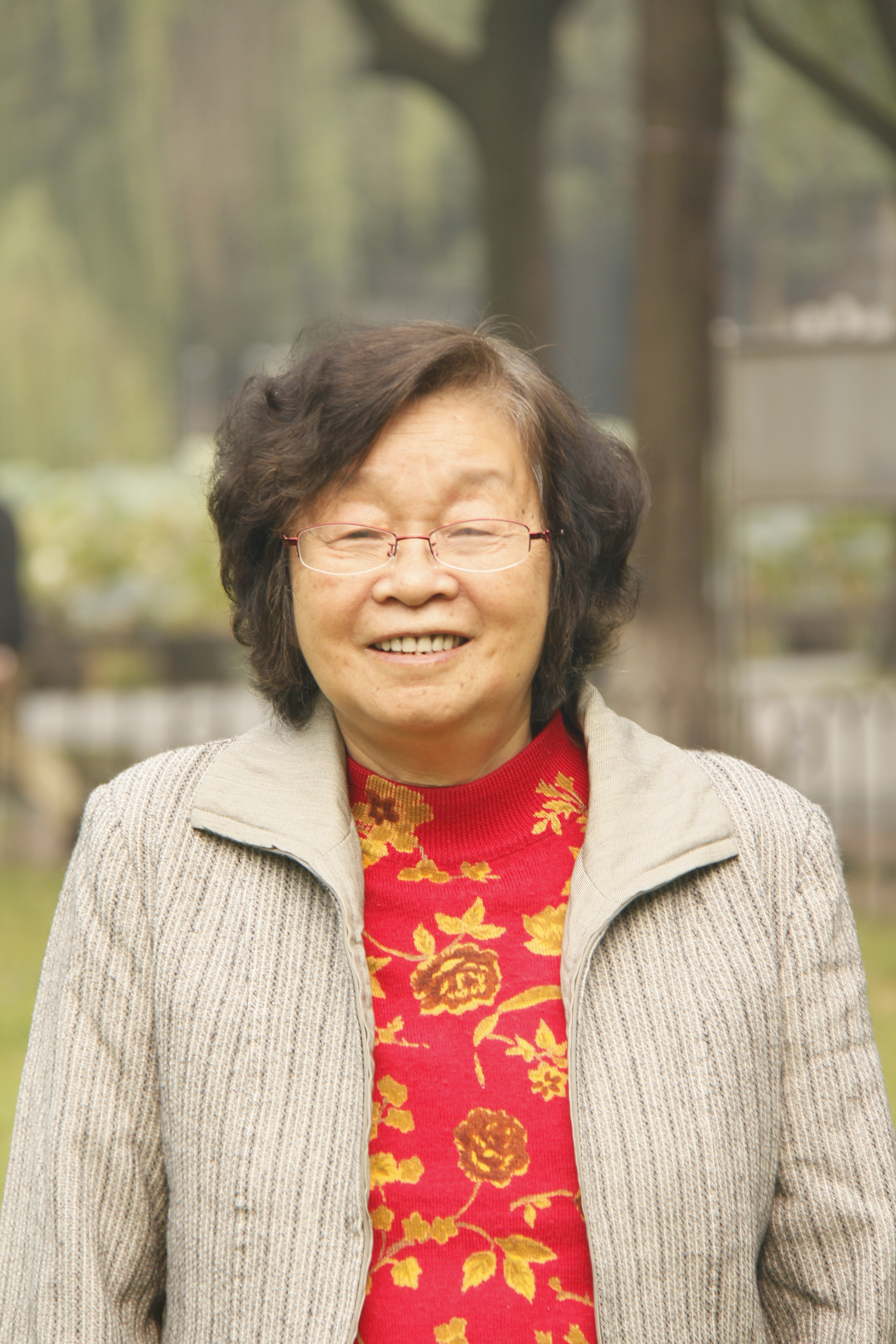
Under the leadership of its outstanding principal investigator, Professor Zhong Benhe, SCU’s chemical engineering faculty group has made a number of remarkable achievements, for which it has repeatedly won the National Science and Technology Innovation Award. The group has dedicated itself to advancing research on innovative technologies and, over the last few decades, has paved the way for the rapid development of China’s phosphate fertilizer industry.
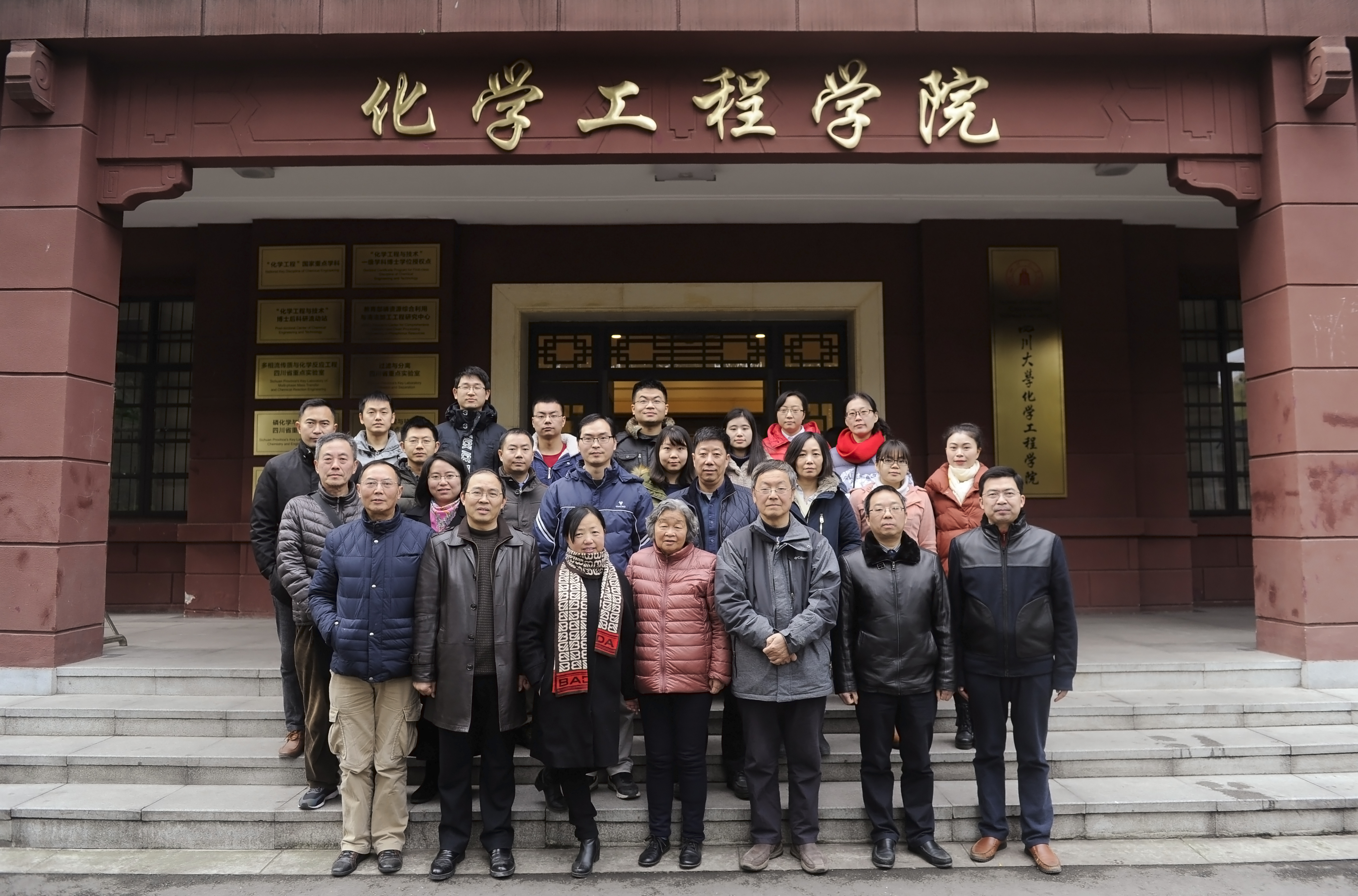
Over several decades of dedicated work, Professor Zhong developed a “new technology for producing ammonium phosphate (MAP) with the help of the ammoniated slurry concentration process” (hereafter referred to as the “slurry concentration process”), a technological innovation which in its long-term impact is comparable with Yuan Longping’s development of hybrid rice varieties.
In the 1980s, Professor Zhong Benhe led a scientific research team that eventually succeeded in securing the intellectual property rights for the internationally leading MAP production technology it had developed, alleviating China’s heavy dependency on foreign imports and transforming the world’s largest importer of MAP to a major exporter, which also represented important progress in domestic food safety.
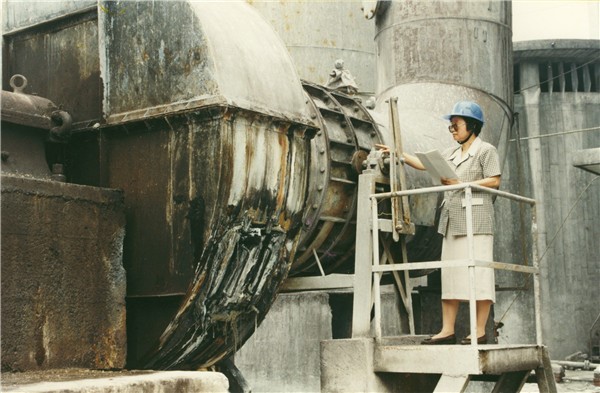
The “slurry concentration process” developed by Zhong Benhe’s team also provided a solution to the difficult challenge of how to produce ammonium phosphate from medium or lower quality phosphate ore. In 1988, Professor Zhong’s innovative technology earned her team the first class National Science and Technology Innovation Award. The Chinese government ranked her work among the five great accomplishments in frontline science and technology nationwide for its significant contributions to public welfare by revolutionizing Chinese agriculture and food safety.
Today, after 30 years of developing and refining her work, Zhong Benhe’s technological advances have gained international status, and her technology has become the leading technology in China’s high-concentration phosphate compound fertilizer industry. Zhong Benhe’s research group has taken shape and grown with the development of this important and influential work.
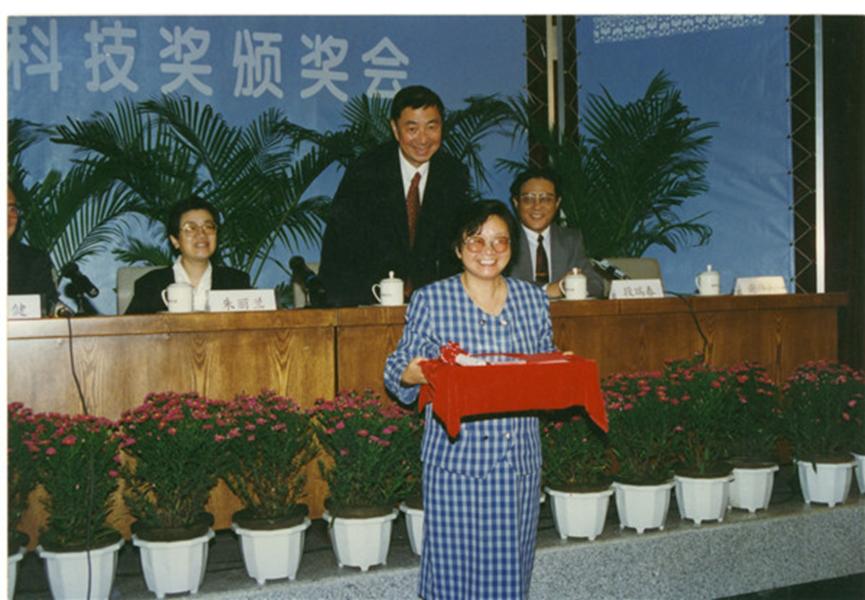
Zhong Benhe has won countless distinguished awards and prizes; numerous honorary titles have been conferred upon this leading scholar and scientific innovator. Today, she is still active in front-line research and dedicated as ever to her teaching. At the age of 80, she’s never late for work; she keeps a busy schedule of meetings, classes, and factory visits, Her students can still turn to her for guidance, whether they’re struggling with problems in chemistry or major life decisions. The members of her team regard her as one of their senior family members: “Professor Zhong may be an elderly lady,” one member remarked, “but don’t let that fool you: she’s got spirit!”
Inheritance and Innovation: Remaining True to Original Intentions
SCU’s chemical engineering faculty team was founded 60 years ago. Today, the group consists of 21 principal members of different ages and career stages who, under Professor Zhong’s leadership, continue to maintain a cutting-edge research profile and play a defining role in China’s phosphorous chemical industry.
“From the very beginning, our research has concerned itself with the country’s pressing issues, and this won’t change, regardless of changes in the industry or societal transformations.” Zhong Benhe’s team has consistently tackled important national science and technology projects.
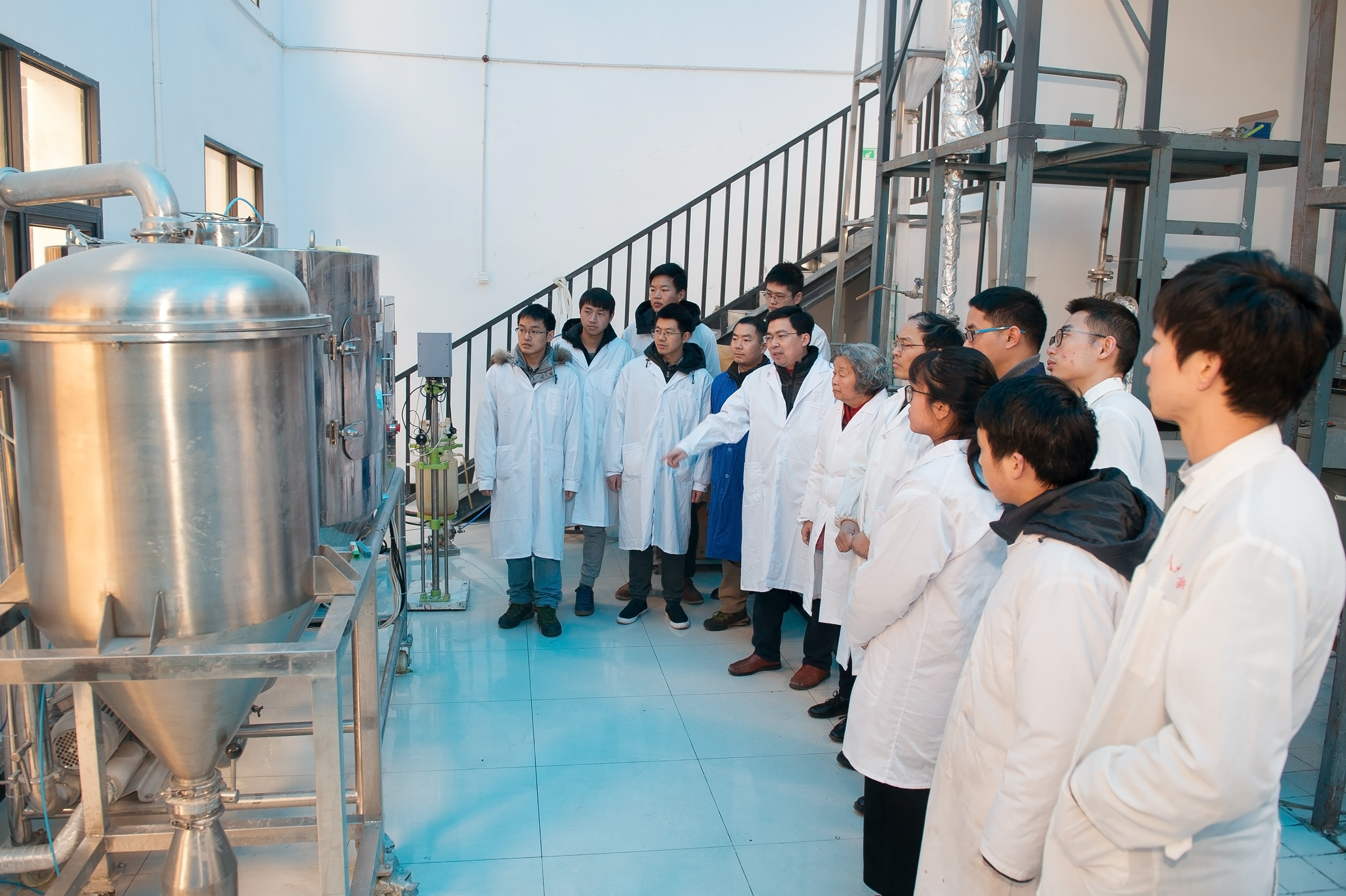
Heritage drives innovation. Encouraged by its team spirit and a tradition of excellence, members continue to make scientific achievements related to solving the country’s real needs.
Aimed at addressing the shortcomings of China’s high-end phosphorous chemical industry, the group’s Professor Li Jun developed new purification equipment and technology, earning the group the Ministry of Education Technological Inventions Award (2nd place). Two other members of the group, Professor Wang Xinlong and Research Fellow Zhang Zhiye, tackled the problem of phosphogypsum utilization and introduced a new route for safe domestic waste recycling, earning the team the Ministry of Education Science and Technology Innovation Award (second place).
Facing the Future: Jointly Tackling the Mission of Our Times
Facing the future, SCU’s Faculty Engineering Team is investing itself both in research and teaching. All in all, it has training more than 350 Master’s students, more than 80 PhD students, and 15 post-doctoral research fellows, while numerous graduates have already joined the ranks of outstanding professionals and industry leaders.
At the age of 80, Zhong Benhe is still enthusiastic about teaching: “Giving classes and lectures is the best way to invest in my students and train the next generation of innovators.”
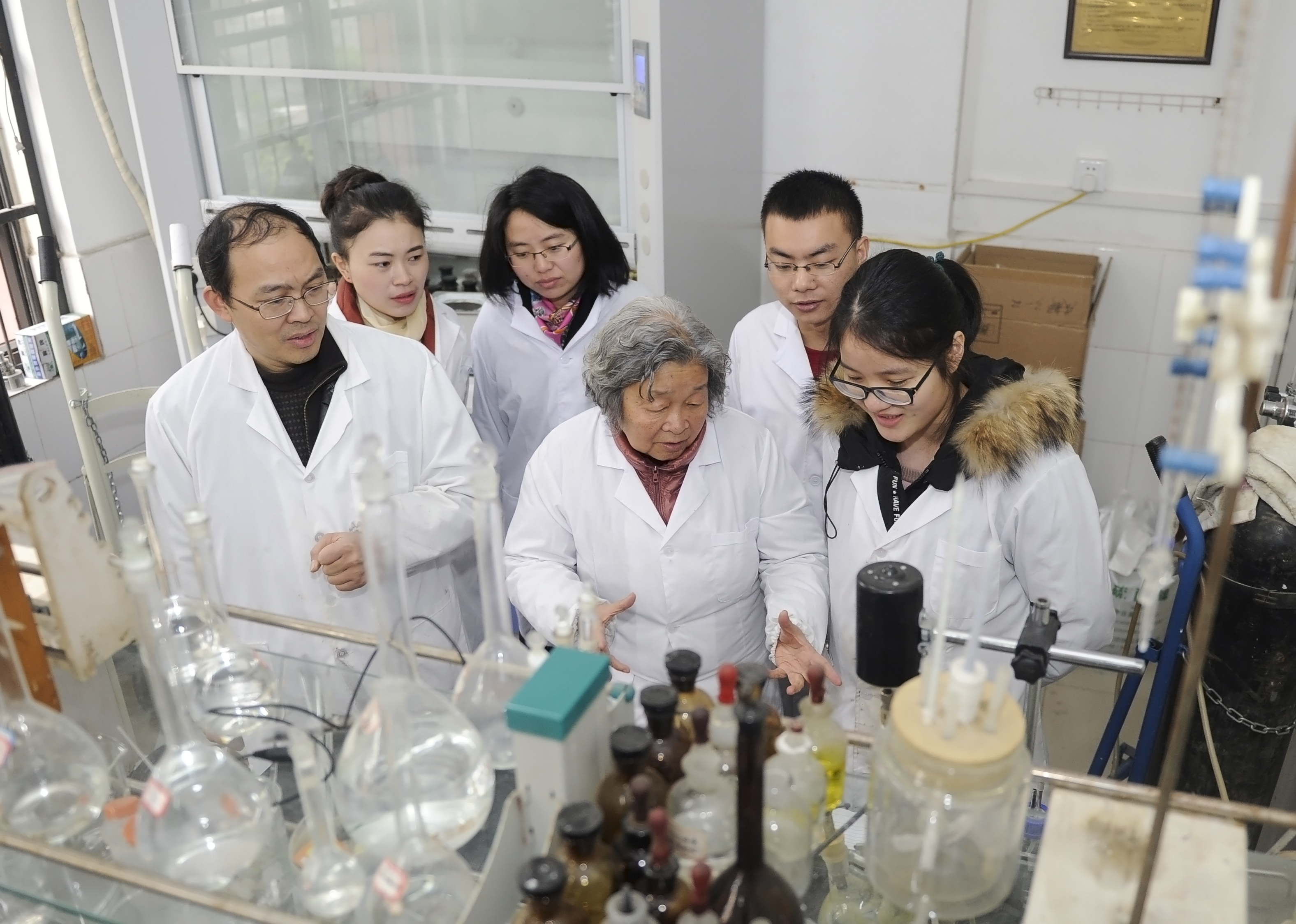
The group’s members are committed to the task of passing on knowledge and handing over the baton to younger scientists: by forming large groups, more outstanding researchers in chemistry can be trained.
One such researcher, one of Zhong Benhe’s students who has just joined the young faculty members of the group, is Wu Zhenguo. “Professor Zhong helps each member of the group consider his or her research direction based on inclinations, career goals and individual strengths.” In his own teaching, Wu has been deeply influenced by Zhong Benhe’s teaching style and dedication to her work. Wu himself is increasingly gaining the respect and appreciation of his own students.
“Our teachers practice what they preach, that’s how they influence us…We’ve made tremendous progress in our chosen field by being part of this group. In addition, we have also found an anchor for our daily lives. For this I am very deeply grateful,” says Liu Yumei, a student member of the research group, for whom her teachers have become role models she wants to emulate.
Most recently, a project jointly initiated by Professor Zhong Benhe and Associate Professor Guo Xiaodong, also of the College of Chemical Engineering, has attracted considerable attention for its advances in the study of layered Na2Ti3O7 and tunnel Na2Ti6O13 hybrid structures with enhanced electrochemical behavior for sodium-ion batteries. Results of the study were published in the leading international journalAdvanced Science, which has an impact factor of 12.441. PhD research student Wu Chunjin, also of SCU’s College of Chemical Engineering, was first author, while the college is named as first institution.


